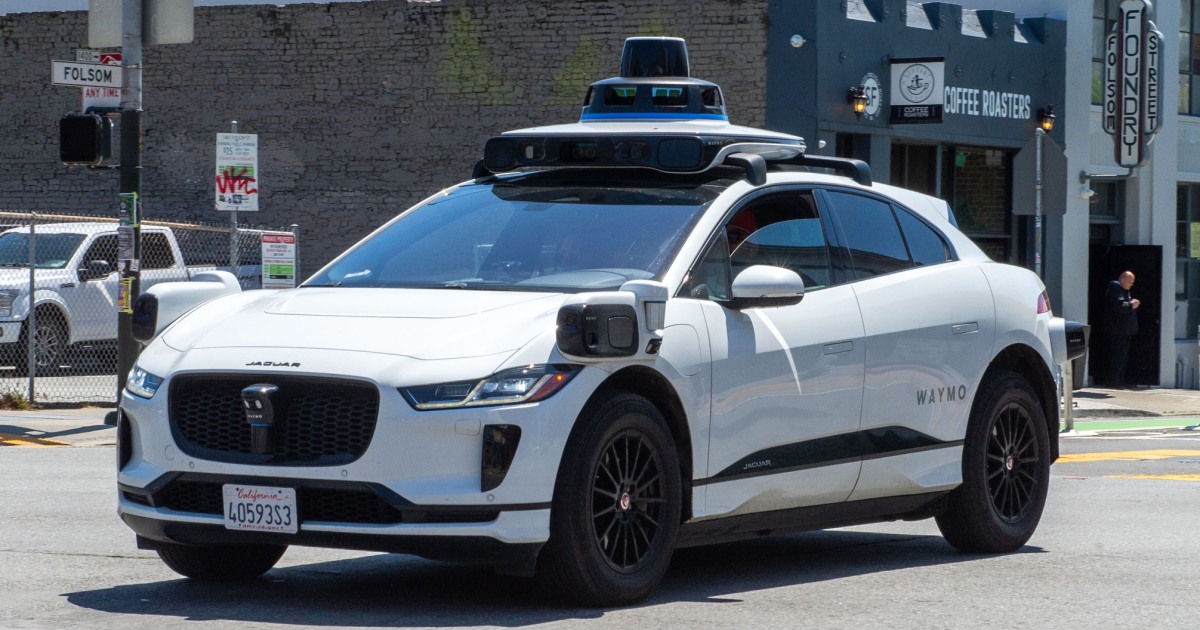The Electric Vehicle Revolution: Driving Towards a Sustainable Future
The global automotive landscape is undergoing a transformative shift as electric vehicles move from niche to mainstream. Advancements in EV technology, regulatory frameworks fostering growth, and the innovations paving the way for a sustainable automotive future are shaping the venture investment landscape.
Why Electric Vehicles?
The rise of electric vehicles (EVs) represents one of the most significant automotive industry shifts in over a century. As governments worldwide push for greener technologies and consumers become more environmentally conscious, EVs are gaining traction. This shift is not only changing the way we think about transportation but also reshaping the investment landscape in profound ways. According to the International Energy Agency (IEA), the number of electric cars on the road surpassed 10 million in 2020, a 43% increase over the previous year. This growth is expected to continue, driven by stricter emission regulations, technological advancements, and significant investments in infrastructure. For investors, this translates into a burgeoning market with substantial opportunities for returns
Advances in battery technology, including the development of more efficient and longer-lasting batteries, is making EVs more appealing to consumers. Additionally, the growth of autonomous driving technologies is further enhancing the value proposition of EVs. Companies investing in R&D and emerging technologies within the EV space are becoming attractive targets for venture capital and private equity. The success of EVs depends heavily on the availability of charging infrastructure. This has led to significant investments in charging networks, both public and private. Ionity, a European high-power charging network for electric vehicles, secured a substantial investment of €700 million ($830 million) in November 2021. This investment round was led by BlackRock’s Global Renewable Power platform, with participation from existing shareholders, including major automakers such as BMW Group, Daimler AG, Ford Motor Company, Hyundai Motor Group, and Volkswagen Group. Companies that are building and operating these networks are seeing increased interest from investors. Moreover, energy companies are also getting involved, creating integrated solutions that combine renewable energy sources with EV charging stations. This intersection of energy and transportation sectors presents unique investment opportunities.

Lucid EV
Electric Vehicles have increased in popularity in recent years with companies like Tesla, Rivian, and Lucid leading the push for the normalization of the EV market. This motion comes with breakthroughs in technology which Brian Deese, a senior advisor on sustainable investing, highlights as “energy storage will make renewable power cheap enough to use in more places and accelerate the move to electric cars and other electric transportation systems”. At a TAM of $388B, the industry is buoyed by consumer demand and investments from government and private sectors.
EV Regulation
Countries leading with strict emissions regulations, such as Norway and China, provide a conducive environment for VCs to invest in EV infrastructure and technology startups. With new innovation comes legislation (such as tax incentives and subsidies) that drive the adoption of EVs.
Many countries are implementing strict emission regulations that favor electric vehicles over internal combustion engines. Norway has enforced comprehensive incentives like tax exemptions, reduced road taxes, and benefits on ferry and parking fees for zero-emission vehicles. The EU requires car manufacturers to comply with strict ZLEV (zero- and low-emission vehicles) crediting systems that give benefits to manufacturers exceeding specific ZLEV shares, with stringent penalties for exceeding CO2 emission targets. The United States introduced robust federal greenhouse gas emissions standards under the Biden administration. These standards aim for a significant reduction in emissions from cars and light trucks by the adoption of zero-emission vehicles. The EPA’s regulations provide a strong foundation for transitioning to an all-electric future, with a projection that by 2026, a substantial portion of new vehicles sold will need to be electric.

Lithium Metal Battery Chips
Innovation In EV’s
Innovations in battery technology are reducing costs and improving the range and efficiency of electric vehicles, making them more accessible to a broader market.
Silicon anode batteries use silicone instead of graphite in the anode to increase battery capacity and charging speed. Startups like Sila and Sionic Energy are pushing forward with commercialization efforts that may see enhanced battery performance starting in 2025.
Lithium metal batteries allow lithium metal batteries to recover lost capacity and extend their cycle life by letting the battery rest in a discharged state, which could significantly increase the energy efficiency of these batteries, a method discovered by Stanford researchers. Sourcing cobalt has been an ethical concern in the industry since its inception. Researchers are developing lithium-ion batteries that do not rely on cobalt, which – in addition to its sourcing concerns – is expensive. New batteries use materials like nickel, manganese, and aluminum to enhance energy density and reduce costs.
Fast charging technologies (NAWA Technologies) utilize carbon nanotubes for electrodes, which could enable batteries to charge up to 80% in just five minutes
Sustainable sourcing for batteries, such as extracting battery materials from seawater (IBM) lowers production costs and increases sustainability.

Waymo Autonomous Vehicle
Supplementary Technologies
Aside from innovation in battery tech, the electric vehicle (EV) revolution is not just about the cars themselves. A range of supplementary technologies plays a critical role in supporting and enhancing the EV ecosystem. These technologies present significant investment opportunities across various sectors. The integration of software and connectivity in electric vehicles (EVs) is revolutionizing the automotive industry:
- Telematics and Fleet Management: The global telematics market is expected to reach $213 billion by 2026, growing at a CAGR of 20.7% from 2020. Companies providing advanced telematics solutions for EV fleet management, such as Geotab and Samsara, are attracting significant venture capital. These solutions include real-time tracking, diagnostics, and route optimization, which are essential for maximizing efficiency and reducing operational costs.
- Vehicle-to-Grid (V2G) Technology: V2G technology allows EVs to feed electricity back into the grid, providing a decentralized energy storage solution. This technology is gaining traction, with the V2G market projected to reach $17.43 billion by 2027, growing at a CAGR of 48.6%. Companies like Nuvve and Fermata Energy are leading in this space, offering unique investment prospects as energy management becomes more dynamic and decentralized.
- Autonomous Driving Software: While autonomous driving is a broader technology, its integration into EVs is particularly significant. The global autonomous vehicle market is expected to reach $556.67 billion by 2026. Companies like Waymo, Cruise, and Aurora are heavily investing in autonomous driving technologies, with significant funding from venture capital firms. These advancements are not only enhancing the value proposition of EVs but also paving the way for a future where transportation is safer, more efficient, and more sustainable.
The industry is also witnessing strategic partnerships and acquisitions aimed at accelerating growth and innovation. For example, General Motors’ acquisition of a stake in EVgo and their joint efforts to expand the fast-charging network underscore the importance of collaboration in this evolving market.
The technologies that supplement electric vehicles are reshaping the investment landscape, offering diverse opportunities across software and connectivity, renewable energy integration, and charging networks. As these technologies advance and integrate, they not only support the growth of the EV market but also drive returns for investors who are keen to capitalize on the future of sustainable transportation.
——-
If you are a builder, investor or researcher in the space and would like to have a chat – please reach out to me at amit.k@thelotuscapital.com
